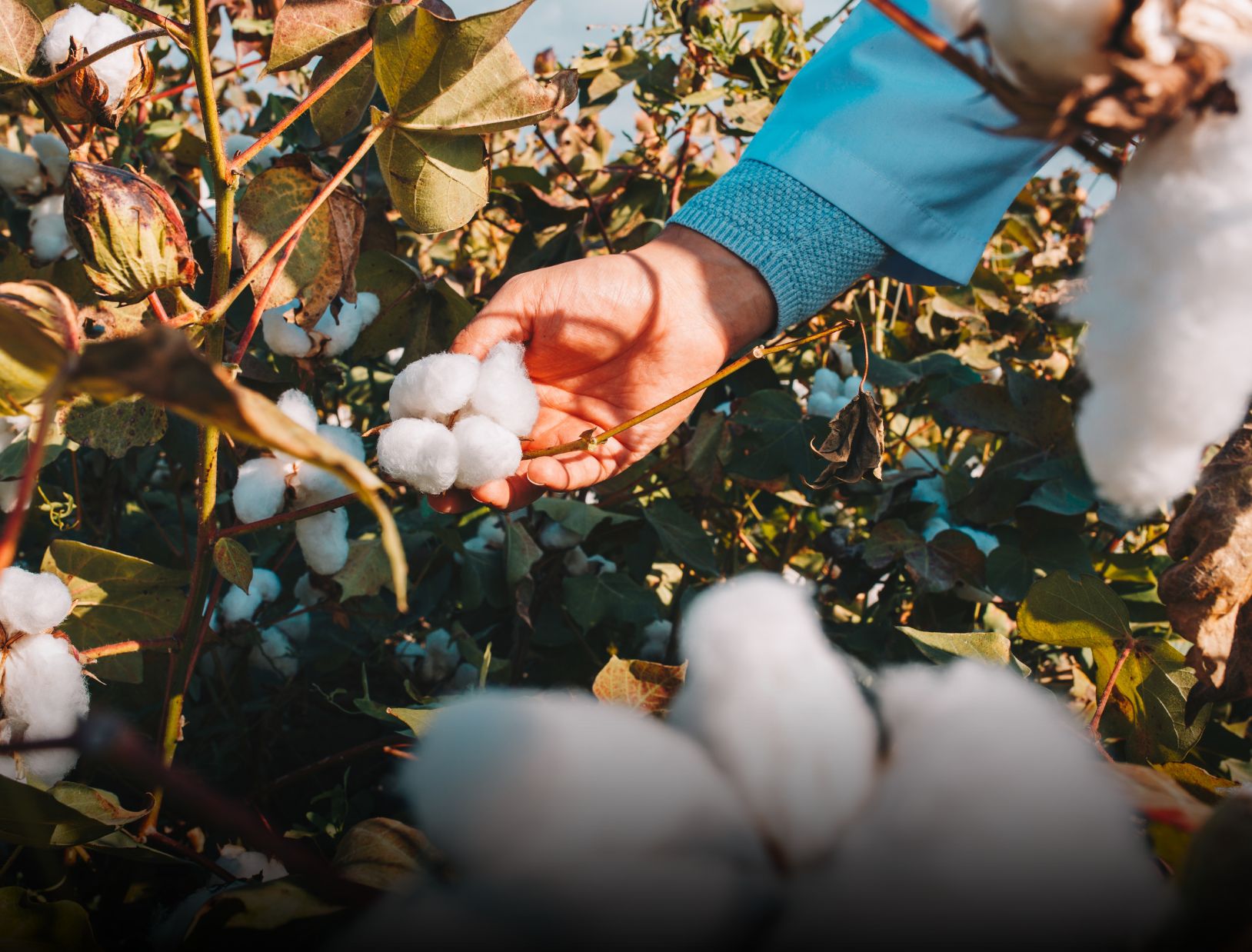
Vermicomposting, a sustainable and eco-friendly method of recycling organic waste, has gained popularity as a powerful way to enhance soil health. This process involves the use of worms, typically red wigglers or Eisenia Fetida, to break down organic matter into nutrient-rich compost. The result is a valuable soil amendment that benefits both plants and the environment.
At its core, vermicomposting is a natural biological process. Worms consume organic material, such as kitchen scraps and yard waste, and transform it into vermicompost—a nutrient-dense, humus-rich material that enhances soil structure and fertility. The intricate digestive process of worms creates a unique compost that is more stable and enriched with essential microorganisms compared to traditional composting methods.
One of the key advantages of vermicomposting is its ability to convert kitchen waste into valuable resources. Instead of sending organic waste to landfills where it produces harmful greenhouse gases, vermicomposting allows households and businesses to recycle this waste on-site. This not only reduces the environmental impact of waste disposal but also produces a valuable resource that can be used to nurture plant growth.
The nutrient composition of vermicompost is a major contributor to its soil-enhancing properties. Rich in essential nutrients such as nitrogen, phosphorus, and potassium, vermicompost provides a balanced and readily available source of nutrition for plants. Additionally, the humic substances in vermicompost improve soil structure, water retention, and aeration, promoting healthier root systems and overall plant growth.
The microorganisms present in vermicompost play a crucial role in fostering soil health. These beneficial microorganisms, including bacteria and fungi, contribute to the breakdown of organic matter and enhance nutrient availability for plants. As a result, vermicompost acts as a natural inoculant, introducing beneficial microbes to the soil and suppressing harmful pathogens.
Implementing vermicomposting is a straightforward process that can be adapted to various scales, from small-scale home systems to larger community or agricultural setups. Homeowners can use simple worm bins to compost kitchen scraps, while farmers may establish vermicomposting facilities to manage larger volumes of organic waste.
Furthermore, vermicomposting aligns with the principles of sustainable agriculture and organic farming. By reducing the dependence on synthetic fertilizers and promoting soil health, vermicomposting contributes to environmentally friendly and resilient farming practices. It also plays a role in mitigating climate change by reducing the carbon footprint associated with traditional waste disposal methods.
While vermicomposting's primary focus is soil health, its impact extends beyond the garden bed. Let's explore some additional dimensions and applications that highlight the versatility of harnessing the power of worms.
Waste Reduction and Recycling:
Vermicomposting is a champion in waste reduction. By diverting organic waste from landfills, it minimizes the production of harmful greenhouse gases associated with conventional waste disposal. This not only aligns with eco-conscious living but also addresses the urgent need for sustainable waste management practices.
Educational Opportunities:
Vermicomposting provides an engaging educational tool, especially for schools and community programs. The process offers a hands-on experience, teaching students about the interconnectedness of ecosystems, the importance of recycling, and the role of microorganisms in maintaining ecological balance. Such educational initiatives empower individuals with the knowledge to make environmentally responsible choices.
Community Building:
Establishing community vermicomposting projects fosters a sense of shared responsibility and environmental stewardship. By collectively managing organic waste, communities can create a sense of unity while simultaneously improving local soil health. This collaborative effort can extend to shared gardens or urban farming initiatives, enhancing the overall quality of life for community members.
Economic Benefits:
On a larger scale, vermicomposting can contribute to economic sustainability. Vermicompost production can become a small-scale business venture, providing opportunities for local entrepreneurs. The sale of high-quality vermicompost and related products can generate income while promoting environmentally friendly practices within the community.
Biodiversity Enhancement:
Beyond soil microorganisms, vermicomposting encourages the presence of beneficial insects. Worms attract other soil-dwelling organisms, creating a diverse and resilient ecosystem. This increased biodiversity contributes to pest control and overall ecosystem health, reducing the need for chemical interventions in agriculture.
Remediation of Contaminated Soils:
Worms possess the ability to break down contaminants in soil, a process known as phytoremediation. This makes vermicomposting a valuable tool in restoring soils contaminated with heavy metals or other pollutants. The remediation potential of vermicomposting broadens its application in ecological restoration projects.
Vermicomposting transcends its role as a soil enhancer and emerges as a holistic solution with far-reaching benefits. By integrating vermicomposting into various aspects of our lives, we not only contribute to healthier soils but also create positive ripples in waste management, education, community development, and even economic sustainability. As we continue to explore innovative and sustainable practices, vermicomposting stands as a shining example of how a simple yet powerful process can positively impact multiple facets of our environment and society.
In conclusion, vermicomposting offers a compelling solution for enhancing soil health while addressing the growing concern of organic waste management. Harnessing the power of worms not only transforms kitchen and yard waste into a valuable resource but also contributes to sustainable and regenerative agricultural practices. As individuals and communities embrace vermicomposting, they take a significant step towards creating healthier soils, promoting sustainable living, and fostering a more resilient and ecologically balanced environment.





